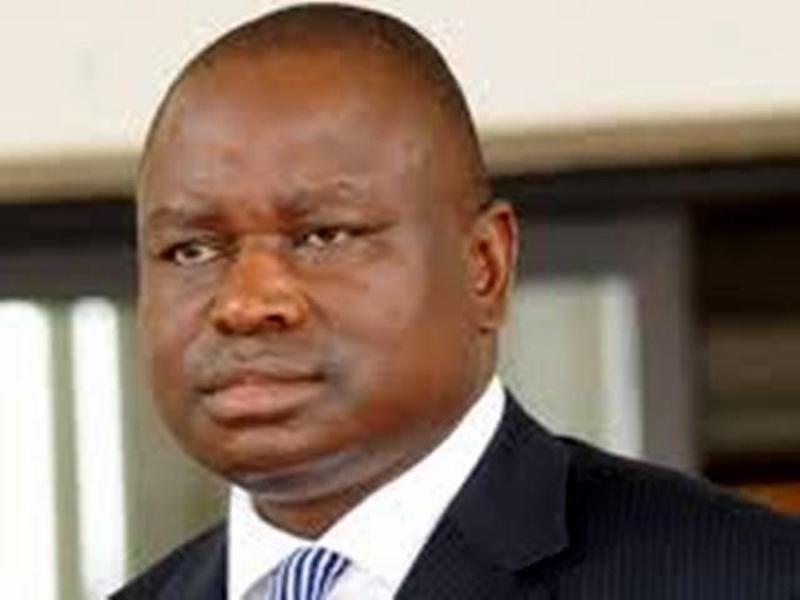
Poor Electricity Supply Worsens As National Grid Collapses
For a second time this year, the nation’s electricity grid collapsed, yesterday, plunging parts of the country into a blackout and worsening the supply situation in other parts.
The supply failure, which occurred around 11.00 am, was confirmed by two of the country’s electricity distribution companies in separate messages to their customers.
“We regret to inform you that the power outage currently being experienced across our franchise – Kaduna, Sokoto, Kebbi and Zamfara states – is a result of the collapse of the national grid,” Kaduna Electric said on Twitter.
Eko Electricity Distribution Company Plc, in a text message to its customers, said: “Dear customer, there is a partial system collapse on the national grid. Our TCN partners are working to restore supply immediately. Please bear with us.”
Also, Transmission Company of Nigeria (TCN), in a statement titled “System collapse and grid recovery” and signed by the General Manager (Public Affairs), Ndidi Mbah, explained that the blackout was a result of voltage collapse at some parts of the grid.
“TCN commenced grid recovery immediately after the collapse, from Shiroro Generating Station to Katampe TS, Abuja through the Shiroro – Katampe line at 11:29 am, and also through Delta Generating Station to Benin Transmission Substation and has reached Osogbo and parts of Lagos.
“While the grid restoration and power restoration gradually progress to other parts of the country, the cause of voltage collapse that precipitated this failure is equally being investigated.
“TCN appeals for patience as it works assiduously to ensure full restoration of the grid and consequently power supply to the remaining parts of the country.”
Acting Managing Director of TCN, Sule Ahmed Abdulaziz, assured electricity consumers that it was working towards attaining zero national power grid collapse for the country.
According to data from Nigerian Electricity System Operator, the number of times the national grid suffered a collapse fell to four in 2020 from 10 in 2019 and 13 in 2018.
The grid suffered collapse 25 times in the period under review while two were partial. A total system collapse means total blackout nationwide, while partial system collapse is a failure of a section of the grid.



